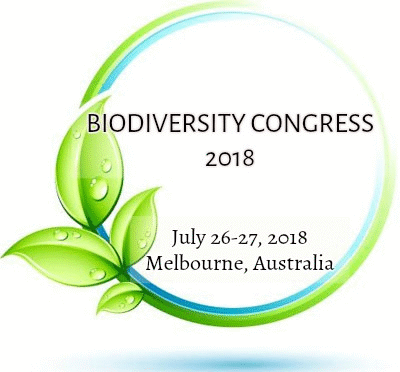
Mini N. Vijayan
Carmel College of Arts, Science & Commerce for Women, Goa, India
Title: From the cultural Desk of India - Expressions of Agro -biodiversity in a festival called 'Thiruvathira'
Biography
Biography: Mini N. Vijayan
Abstract
The Brahmin community in Kerala has a ritualistic culture and each & every customary ritual is eco-friendly and largely makes use of the local plant biodiversity. Written documentations in this regard are very rare and if at all recorded are ancient and thereby inaccessible to the common man due to linguistic barriers. In the backdrop of this scenario, the author who herself is a member of this community felt the necessity for a scientific documentation, largely because the traditions followed by the community ingrained within it the ancient wisdom of living in unison with nature. The book written in Malayalam language by Late Smt. Parvathy Antherjanam- ‘Antherjanangalude aacharanushtanangal’ (‘Customary rituals & religious rites observed by women of Brahmin community’, 2002)- the only one of its kind and discussions with the elders in the community have formed the basis of this research.
The research paper brings forth some expressions of Traditional Agro- biodiversity in connection with a religious festival celebrated in the state called - ‘Thiruvathira’.‘Ettangadi’ is a customary edible preparation made during the festival which makes use of six types of tubers and a few other agricultural products. The ‘Ethno Agro diversity’in ‘Ettangadi’ preparation is discussed and the eight species are scientifically documented. A review on the food value and nutritional & therapeutic aspects of the plants are also recorded in the study. Documenting, tapping such indigenous knowledge go a long way not only in opening new vistas in food security but also in conserving biodiversity of a region.

